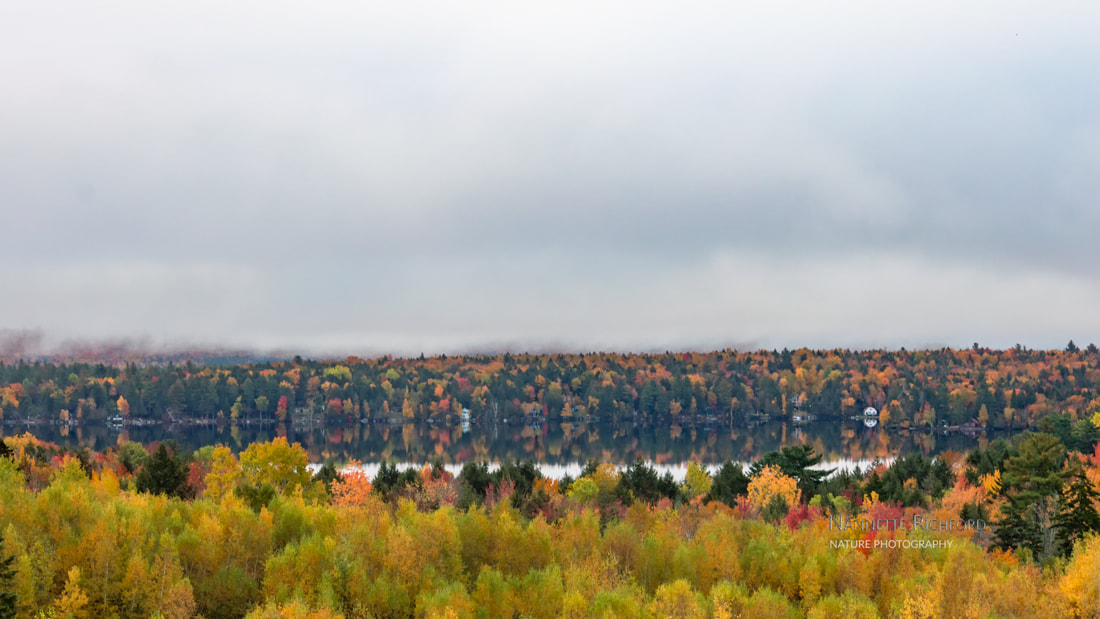
|
It's that time of year again when Maine is set ablaze with color as fall foliage dominates the landscape and becomes the focal point of photos. A loon appears to enjoy the view. Water reflections double the beauty of fall foliage.  Sometimes it is difficult to tell where the trees end and the water begins. Purple asters add color to the landscape and provide food for hungry bees.
0 Comments
Today's image is delicate cosmos in the early morning light. These flowers are still in bloom here in Maine even though it is nearly October. Each morning I watch them sway in the breeze and secretly hope they will survive another day before the frost ultimately does them in.
These airy flowers lend themselves well to a variety of editing techniques. I love the shades of pink and the ferny foliage. Today's photo is a pair of ruby throated hummingbirds investigating a vase of wildflowers. I would be remiss if I did not tell you that this is a composite. All the parts of the image are from my own photos, but the hummingbirds have been placed in the image. I suspect this is the case with many of the spectacular photos you see online — or even in print — except the photographer/artist chooses not to reveal that truth. I'm not sure how I feel about that. On one hand it seems dishonest, but on the other hand the photographer/artist typically does not make a claim to the authenticity of the photo. It is simply inferred by the viewer. With the host of tools available for editing digital photos today, I'm not sure where to draw the line anymore. Filters and presets can dramatically alter the appearance of a photo. Adding a radiant glow, softening the lines on the face in portrait photography or removing haze and other distractions in photos is widely accepted, as is using specialized lenses that create special effects. Why then does it feel deceitful to create a beautiful image from multiple photos without disclosing it? What do you think? Fall is a great time for capturing images of insects. The cooler morning temperatures mean that insects are more lethargic and easier to photograph. These cold blooded creatures need the warmth of the sun for energy and can often be spotted perched on flowers in the morning sun. They may also be spotted under or on foliage. To get the best shots, aim for early morning when the rays of the sunlight highlight them, but before they have had time to become lively from the heat of the sun.
Bees and flying insects can often be found inside flowers where they have spent the night. I often discover bees under the leaves (or flowers) on coneflowers in the early morning. As an added plus, you just might capture insects covered in dew. Dewdrops are one of my favorite subjects. Each one has its own unique beauty. This drop appealed to me because it looks like a delicate dipper filled with smaller drops. It is actually one large drop on the bottom and several small drops on the top of a tiny blade of grass. I find late summer is the best time to capture dewdrops as the lawn is laden with them in early morning, but they linger for a while after the sun rises. In the heat of the summer, the dewdrops dry up quickly when touched by the morning sun. If you want to try your hand at photographing dewdrops, get out the macro lens and head for the lawn or other grassy area in the early morning. Be prepared to change settings often as the light changes drastically from one spot to another. It is also best if the air is still. The slightest movement from the wind can knock a macro shot out of focus. Good luck! One of the things I love about sunflowers is that no two look alike. I find it difficult to walk past one without stopping to take a photo. This sunflower is a volunteer from the dropped birdseed from my feeders. Actually to be honest, all of these sunflowers came up on their own. The irony is: None of the sunflowers I actually planted germinated this year, but I have volunteers growing all around the yard. This little inchworm is perfectly at home on the sunflower.
A few weeks ago we noticed a mother deer hanging out in the field behind our house. She often disappeared into a small thicket of brush towards the back of the field. We suspected that she may have given birth and hidden her baby in the thicket.
A few days ago she arrived with her baby in tow. What a delight to watch the baby fawn run circles around his mom. It wasn't easy shooting photos of a speeding bullet, but I caught a few of the delighted fawn as he kicked up his heels in the morning sun. The rays of the morning sun light up summer mist under the trees giving the landscape a mystical feel. The morning mist is highlighted by the rays of the rising sun creating a magical landscape.
The full strawberry moon was spectacular over the lake this month. Although it was rather red as it first rose, that's not why it is called the strawberry moon. The full moon in the month of June is called the strawberry moon because it signals the time for harvesting wild strawberries. Strawberries are not quite ready in Maine, but they will be soon.
This lovely clematis flower bloomed in my yard yesterday. There are several blooms partially open this morning waiting for the sun. Clematis flowers grow on a perennial vine and bloom from late spring until fall.
|
Archives
November 2021
|
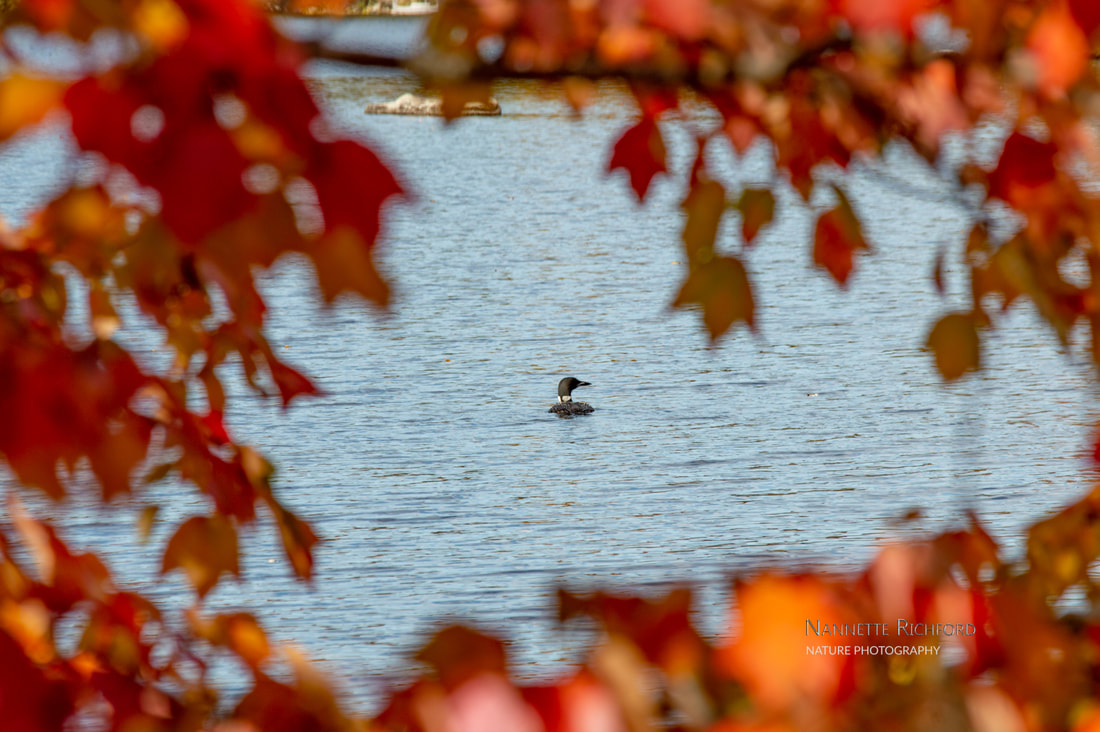
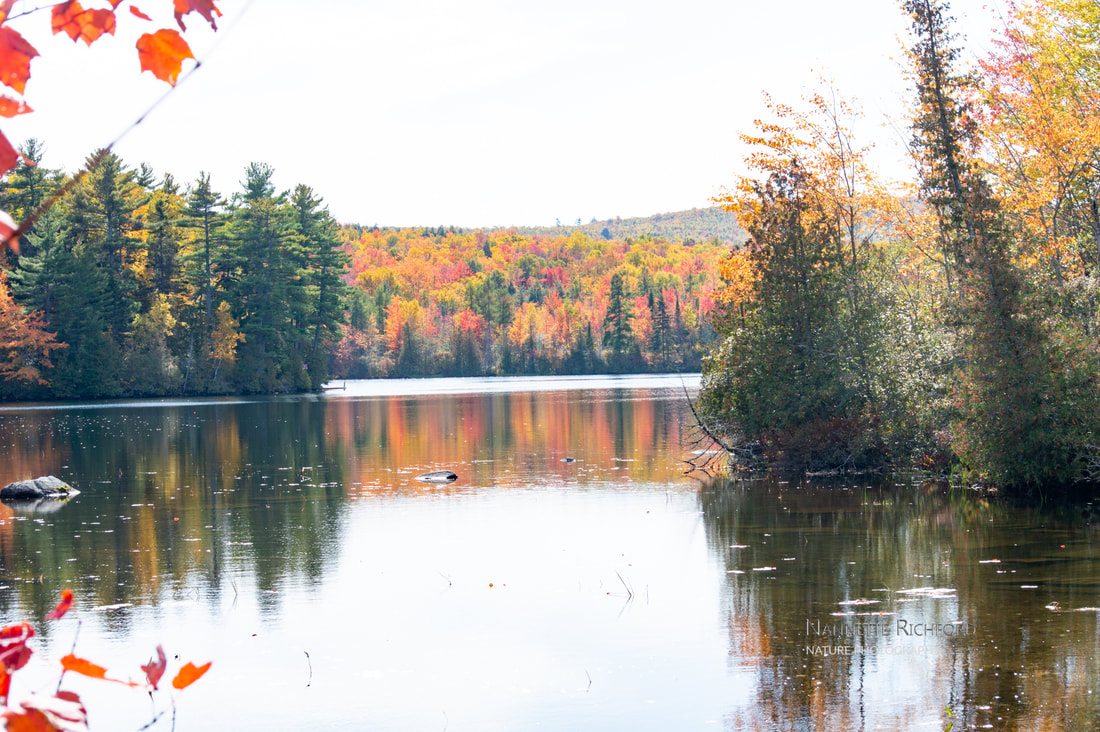
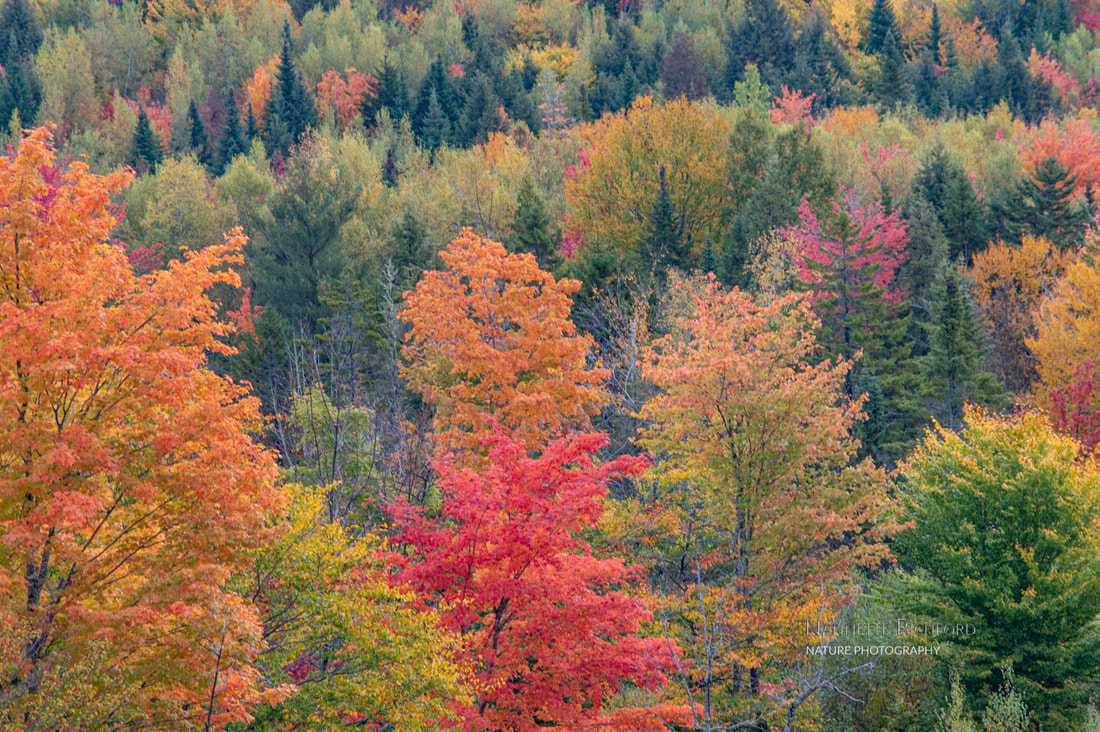
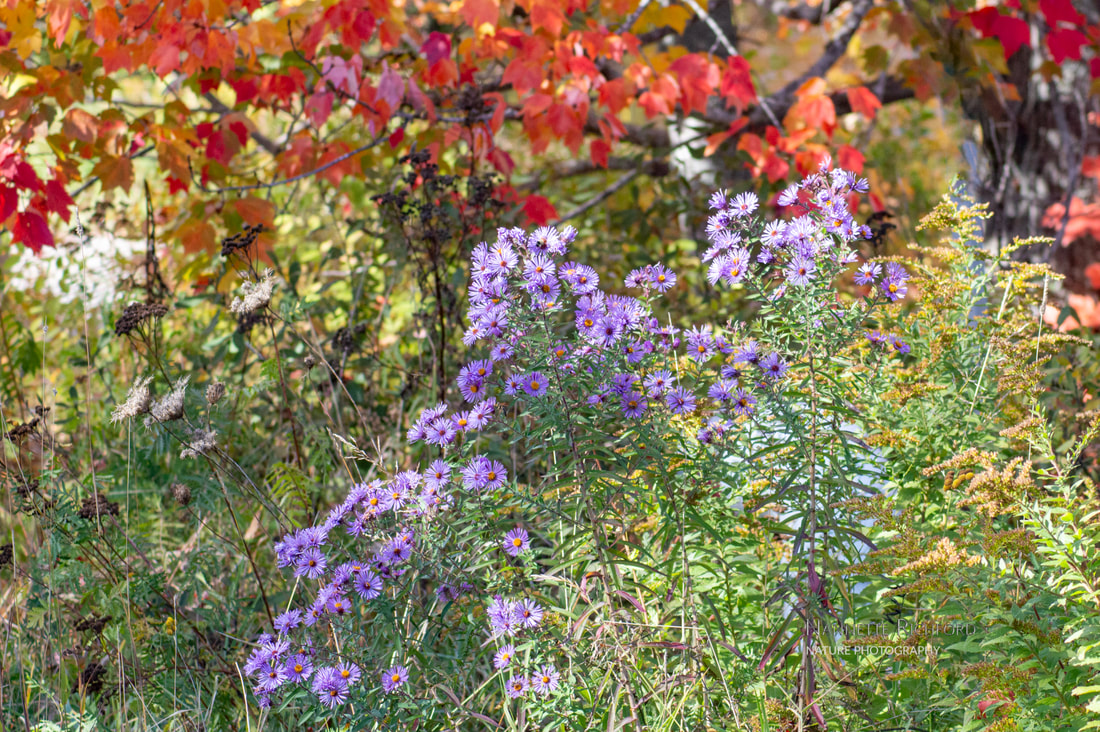
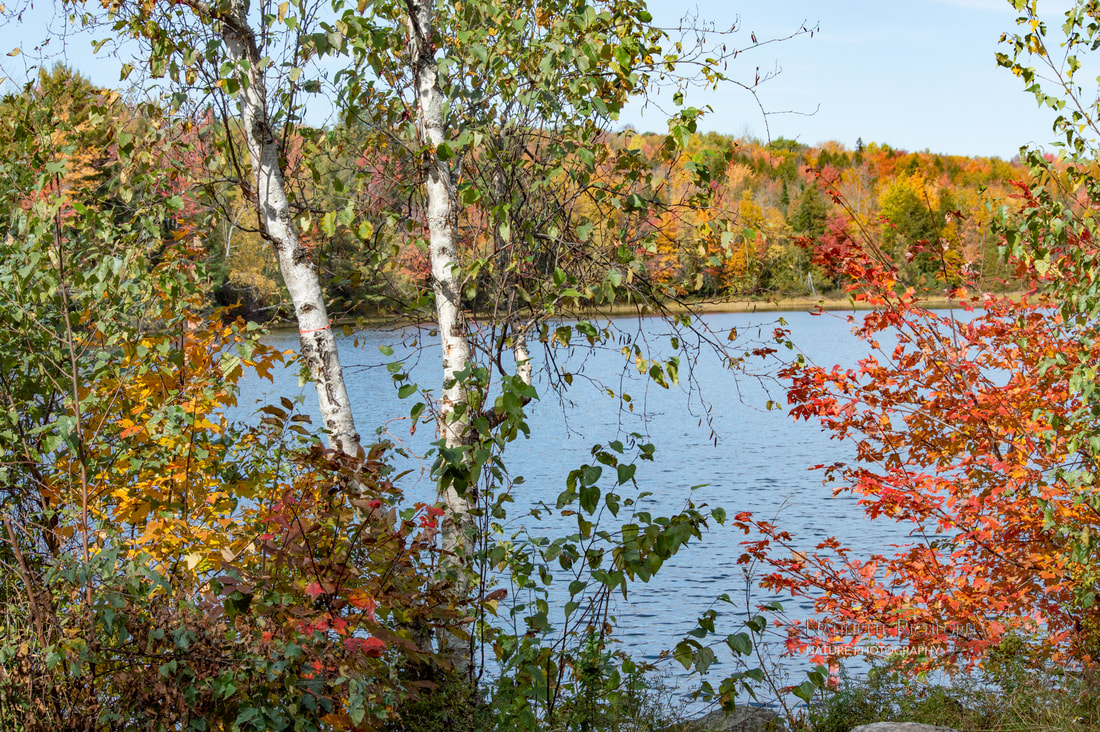
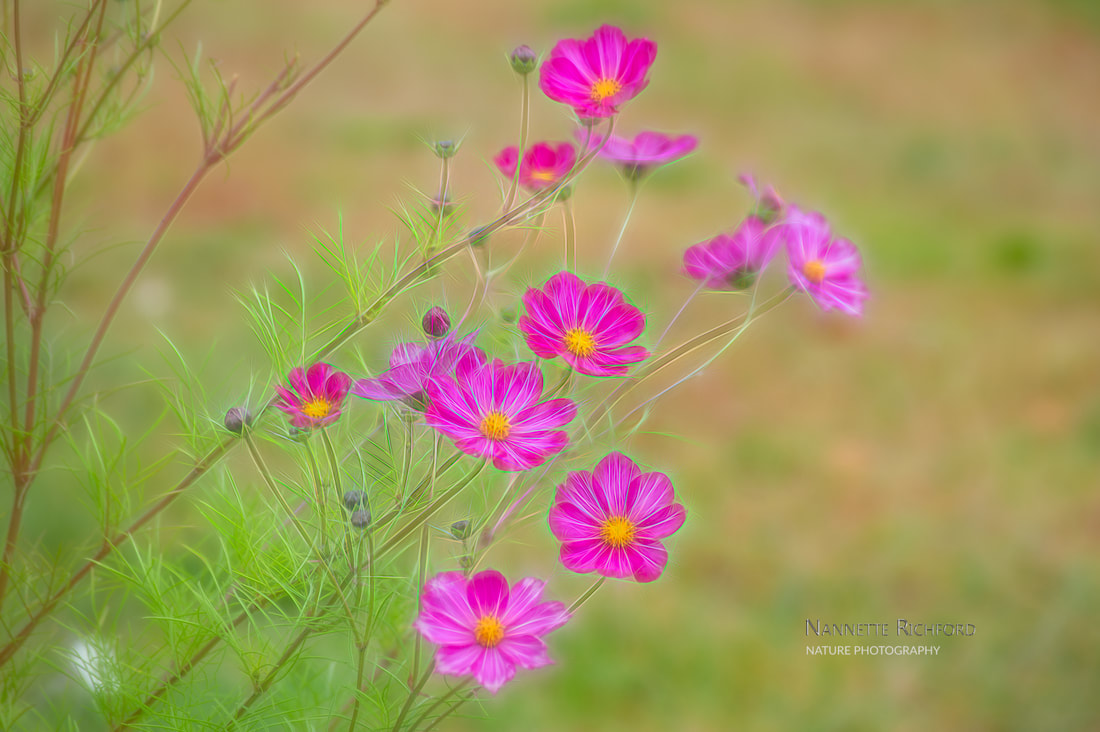
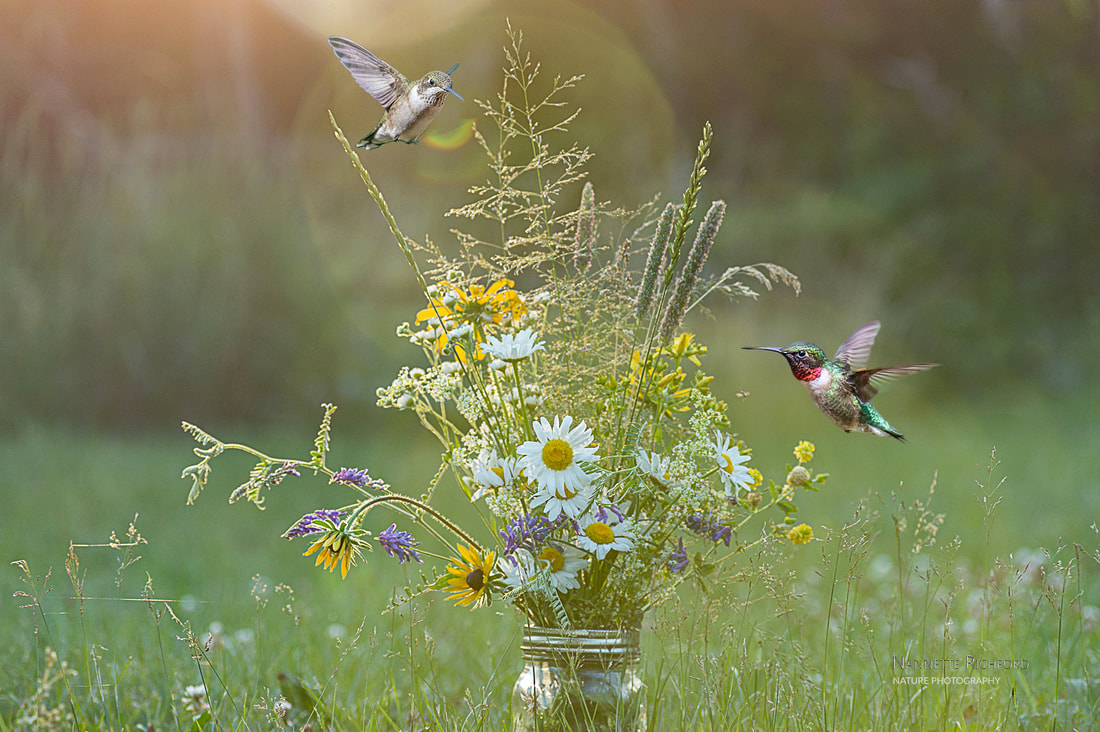
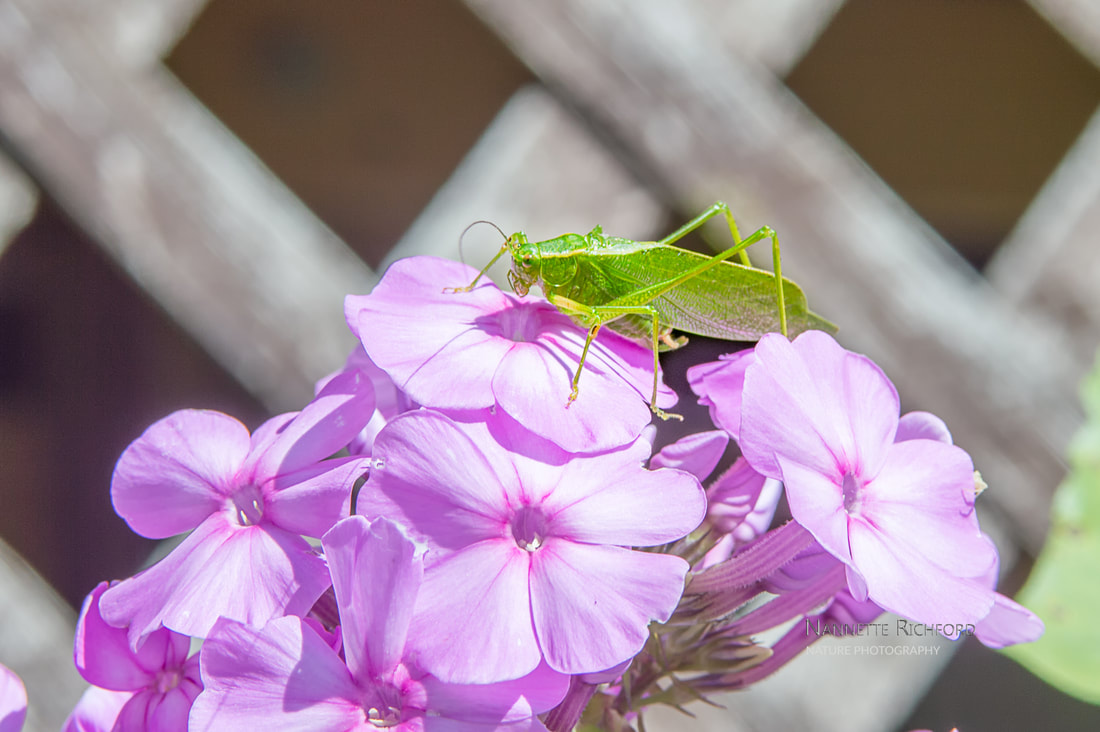
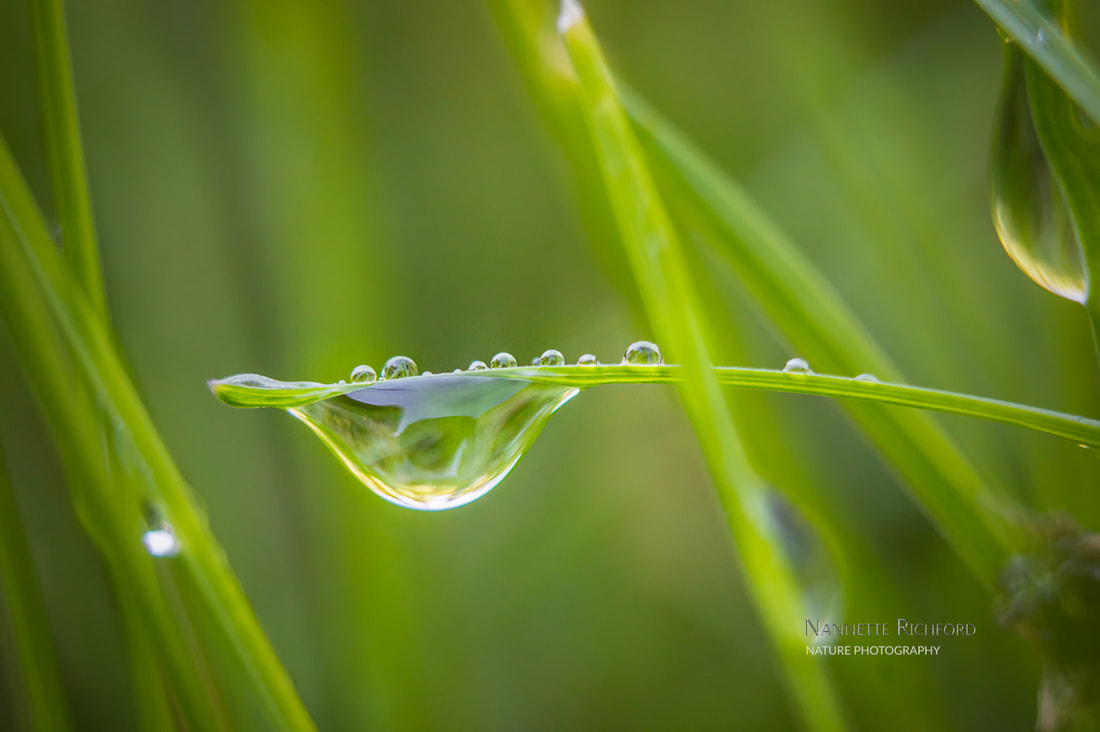
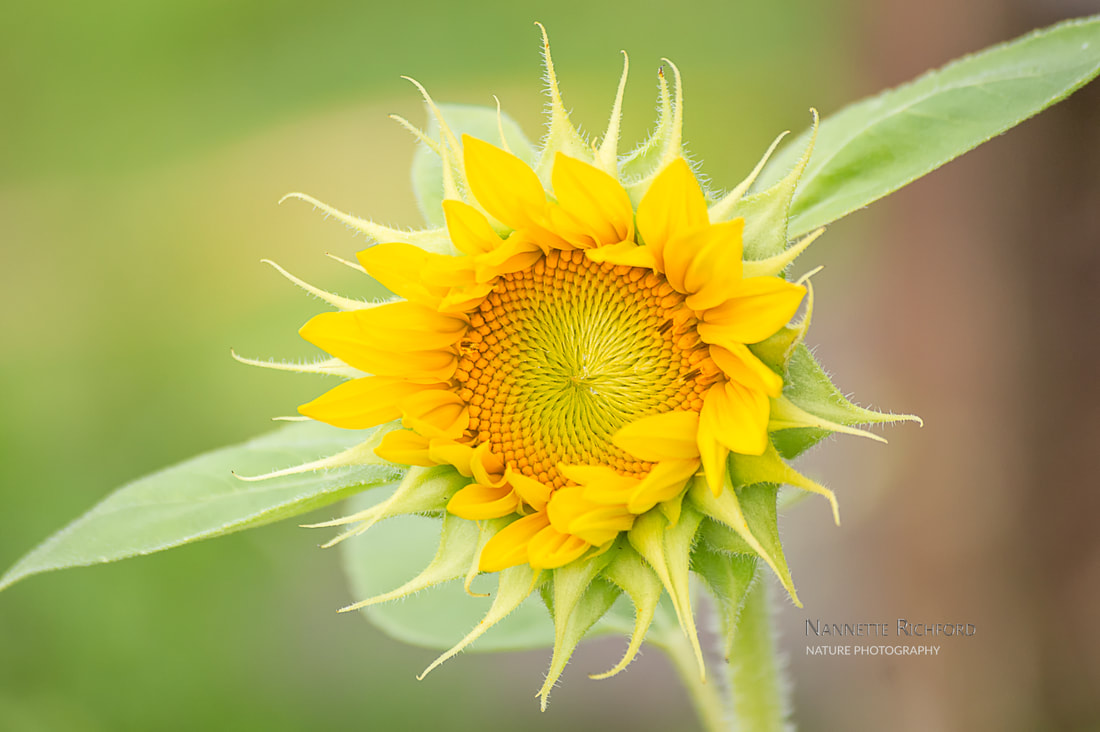
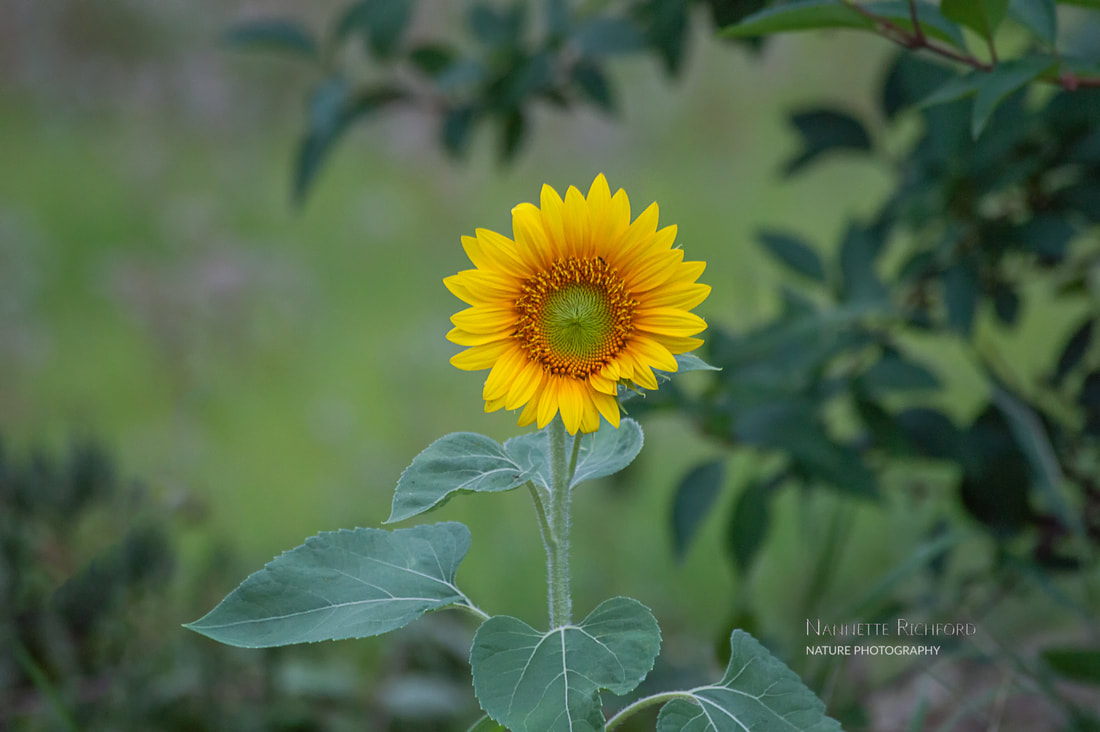
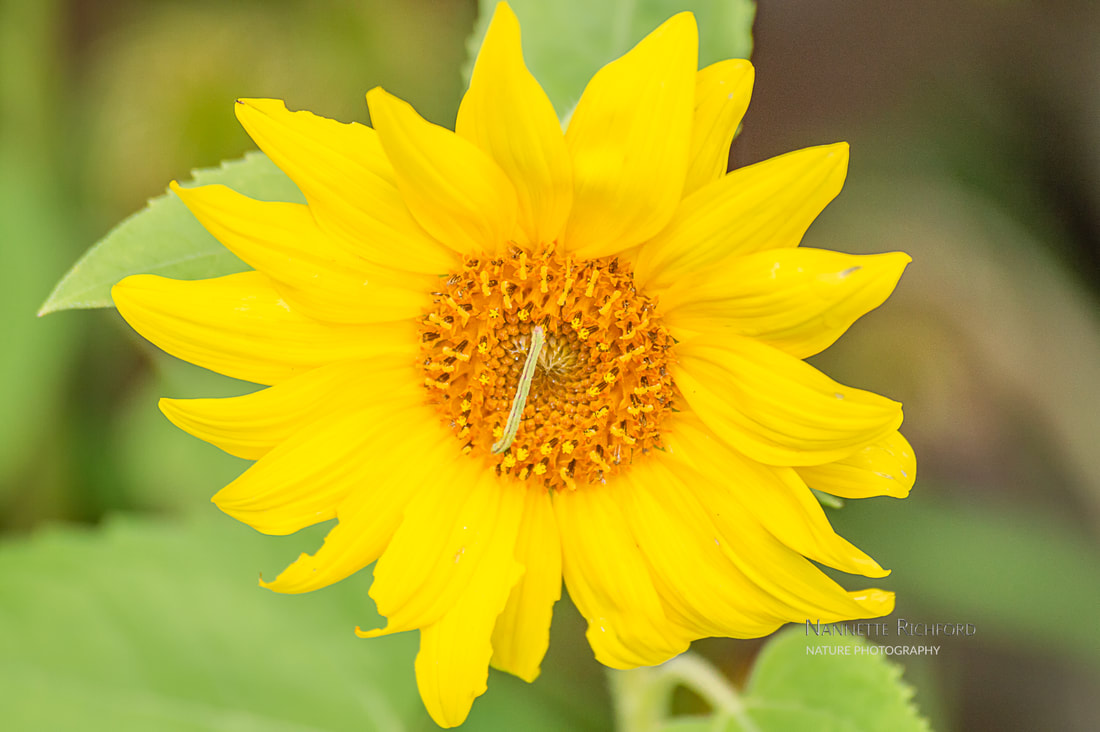
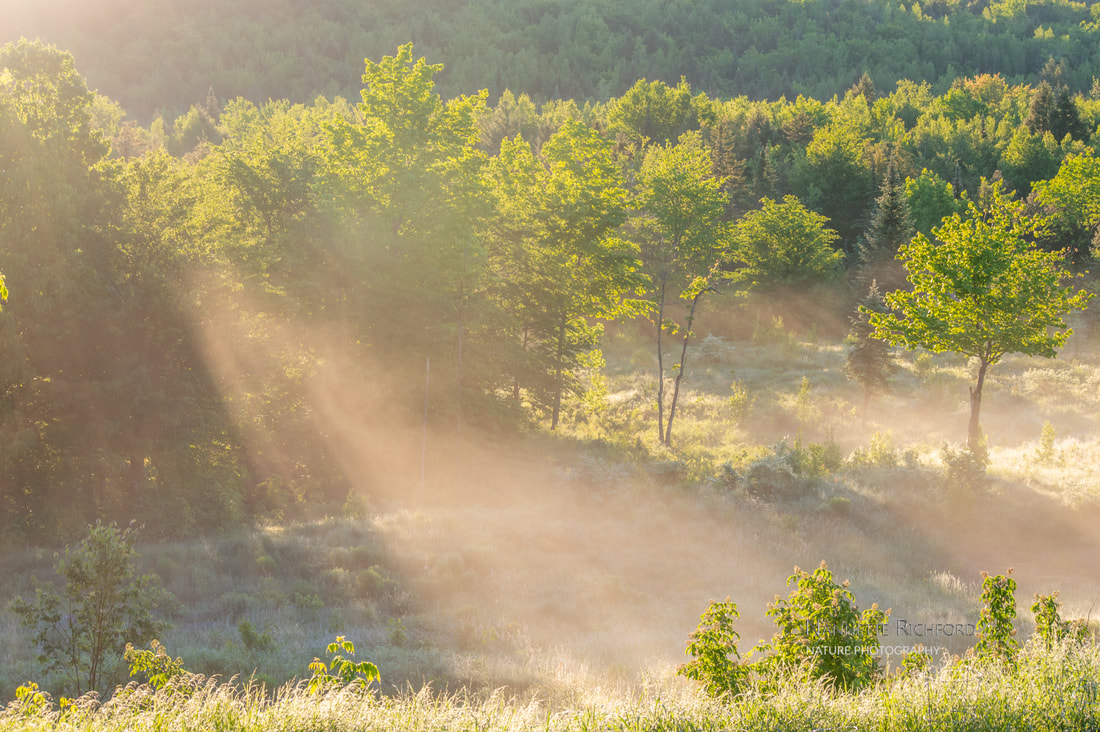
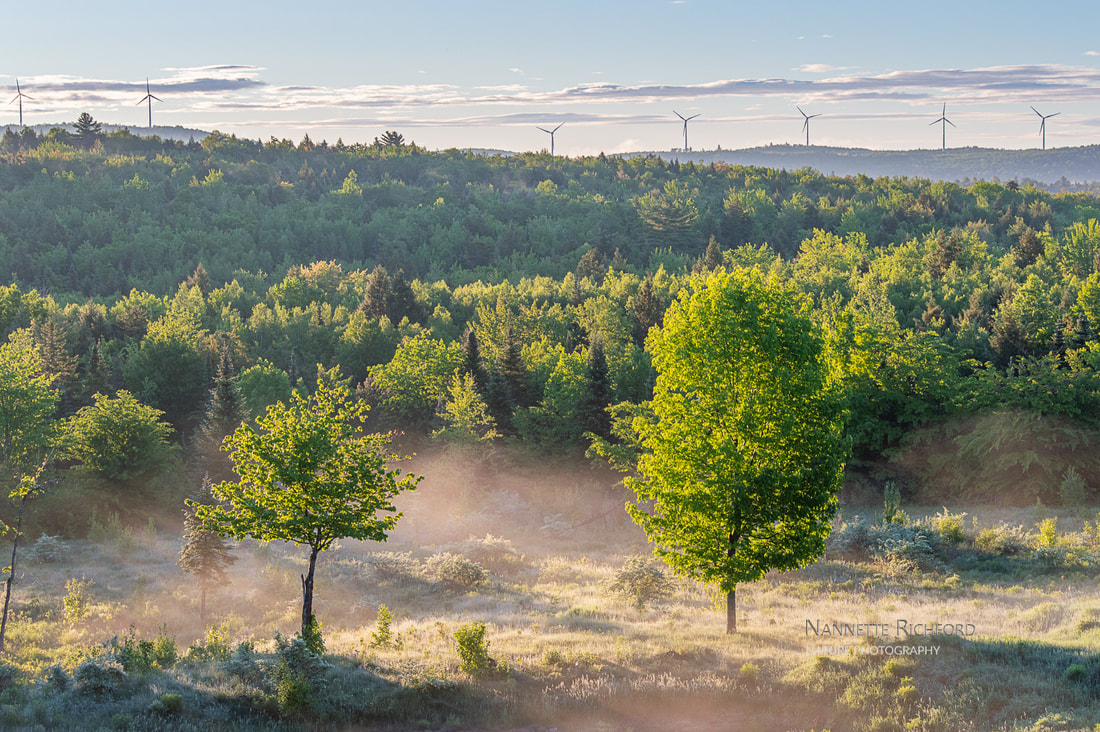
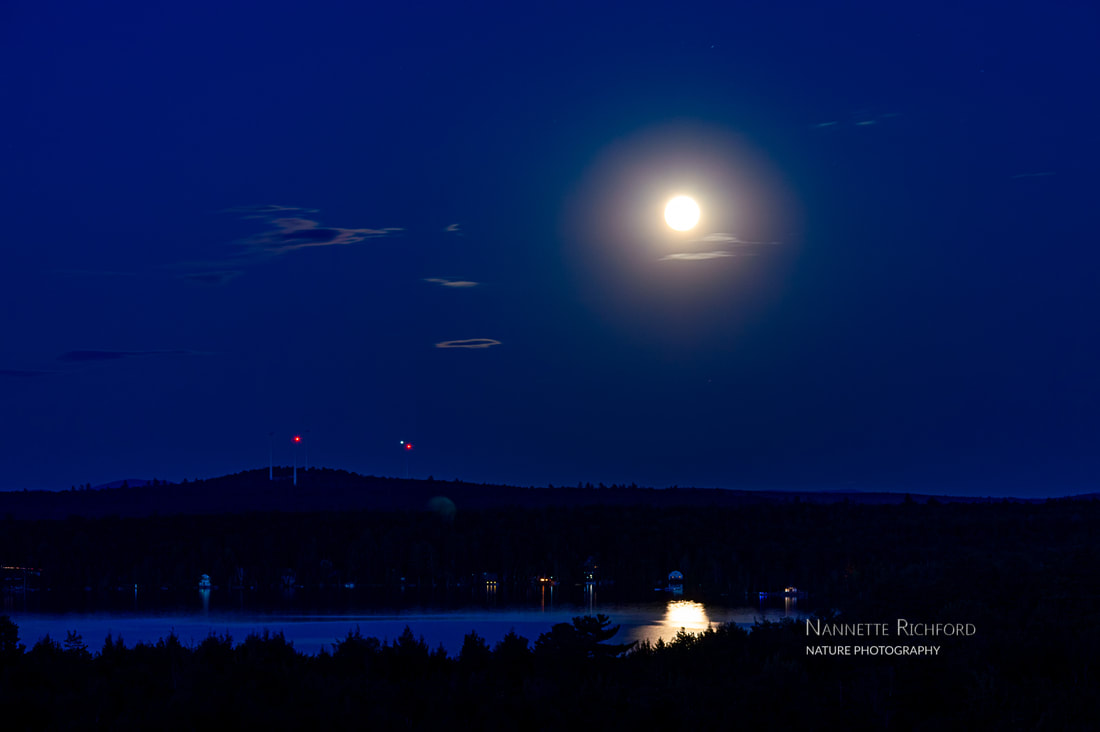
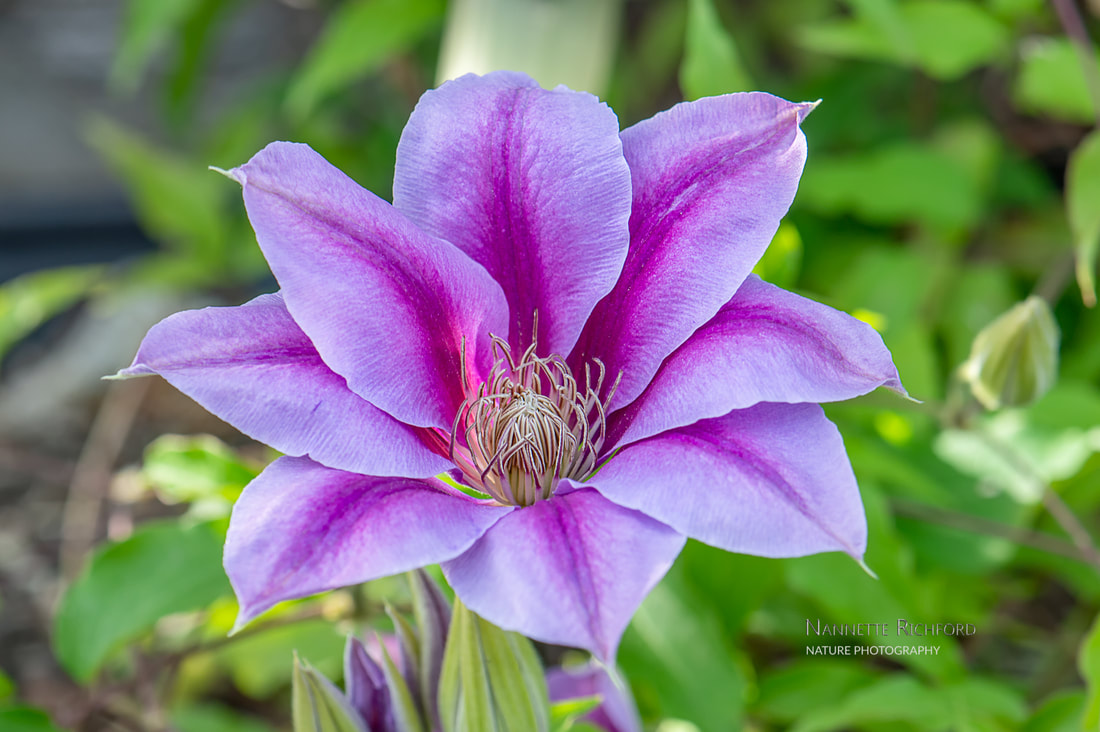
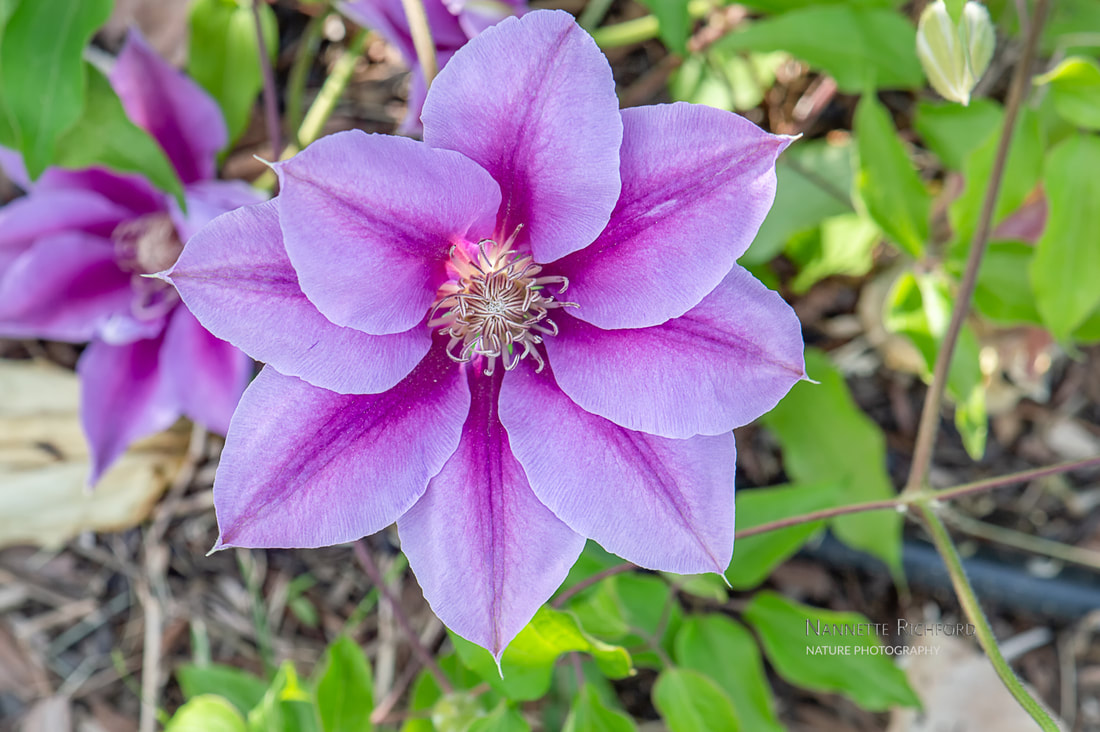
 RSS Feed
RSS Feed